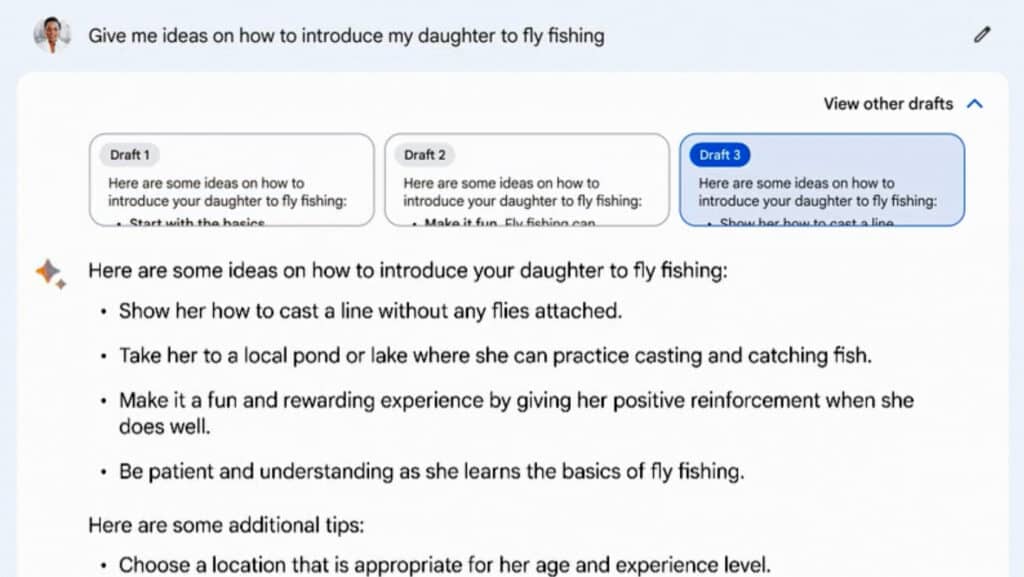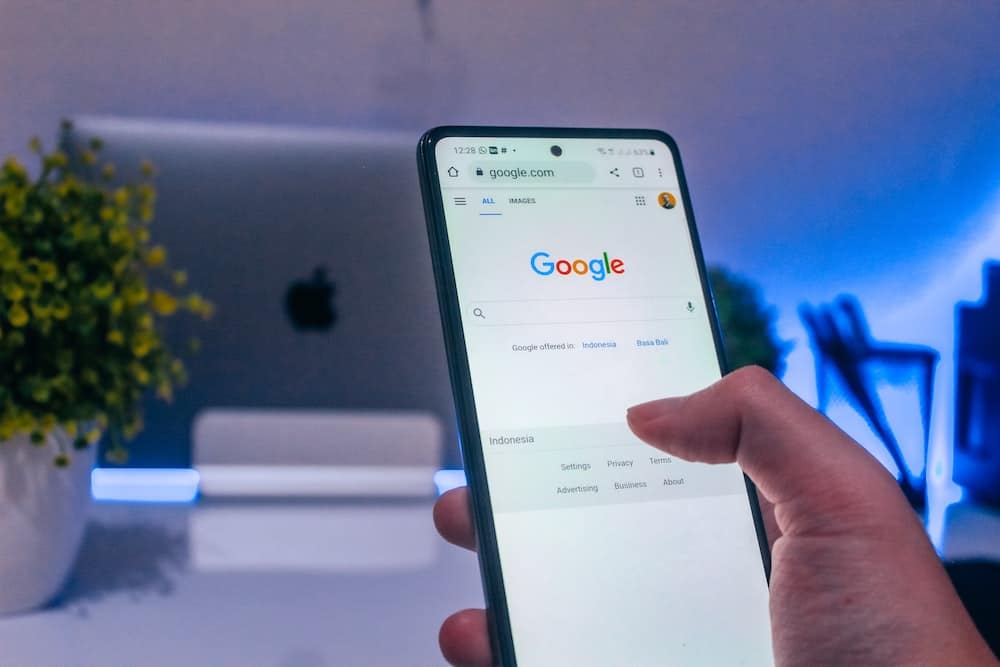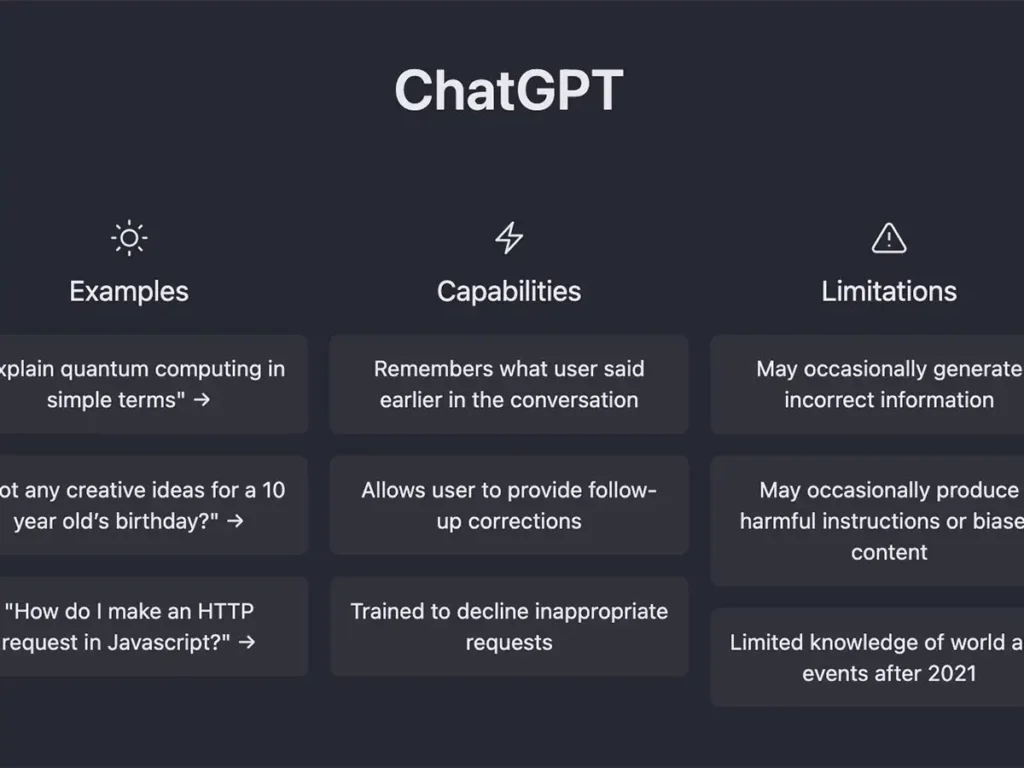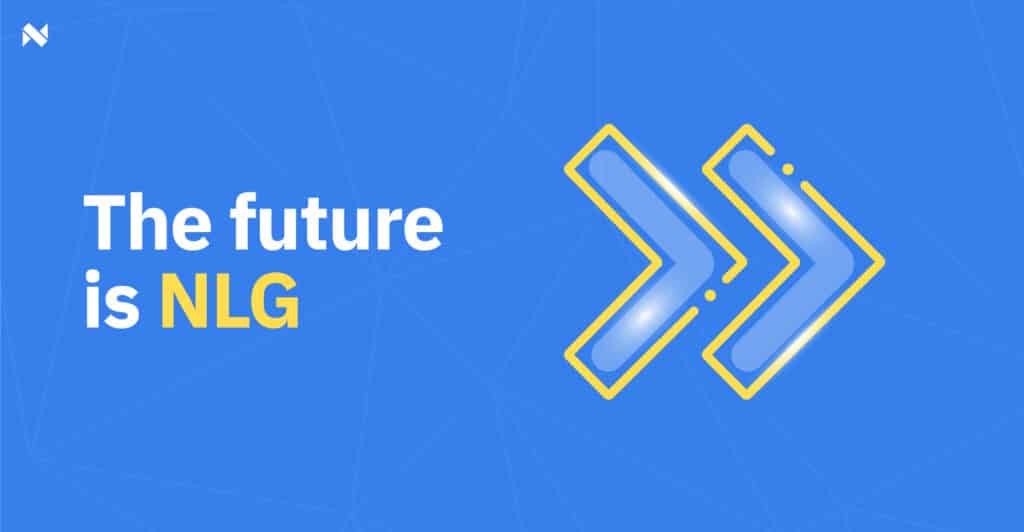Language generation technology has come a long way in recent years, with the development of advanced models like OpenAI’s GPT-3 and Google’s recently announced Bard. While both models have made significant strides in natural language processing, some have speculated that Bard could pose a threat to Chat GPT’s position as a dominant player in the language generation space. But is this truly the case? Will Google Bard be the end of Chat GPT?
Contents
The Development of Bard

Google recently announced Bard, a new language generation model that aims to take natural language processing to the next level. According to Google, Bard is capable of generating coherent and contextually relevant responses to complex prompts, making it a potential game-changer in the language generation space.
Bard’s development is a significant step forward for Google, which has long been a major player in the tech industry but has lagged behind in the language generation space. With Bard, Google is aiming to catch up to models like GPT-3 and potentially surpass them in terms of capability and functionality.
The Strengths of Chat GPT
Chat GPT has been one of the most successful language generation models to date, with its ability to generate coherent and contextually relevant responses to prompts. Chat GPT has been used in a variety of applications, from chatbots to language translation, and has been lauded for its accuracy and versatility.
One of the key strengths of Chat GPT is its capability to retain from vast amounts of data, which enables it to generate responses that are highly relevant to a given prompt. This makes Chat GPT a powerful tool for businesses and organizations that need to generate language quickly and accurately.
Will Google Bard be the End of Chat GPT?
While Google Bard is certainly an exciting development in the language generation space, it’s unlikely that it will spell the end of Chat GPT. Both measures have their powers and weaknesses, and it’s likely that they will continue to coexist in demand for some time to come. One of the potential advantages that Bard has over Chat GPT is its ability to generate responses that are more contextually relevant. This could make Bard a better choice for applications that require a higher degree of specificity, such as language translation or content generation.
However, Chat GPT’s ability to learn from vast amounts of data and generate highly accurate responses will continue to make it a popular choice for businesses and organizations that need to generate language quickly and accurately. Additionally, OpenAI has continued to develop and improve the Chat GPT model, making it even more powerful and versatile over time.
The Future of Language Generation
The development of models like Bard and Chat GPT is a significant step forward for language generation technology. As these models continue to develop and enhance, they have the prospect of revolutionizing a wide range of industries, from customer service to content creation. While the competition between models like Bard and Chat GPT is certainly exciting, it’s important to remember that both models have their strengths and weaknesses. Rather than seeing them as competitors, businesses and organizations can leverage the strengths of each model to create more effective and accurate language generation systems.
While the development of Google Bard is certainly exciting, it’s unlikely that it will spell the end of Chat GPT. Both models have their strengths and weaknesses, and it’s likely that they will continue to coexist in the industry for some time to come. As language generation technology continues to evolve and improve, businesses and organizations have more tools than ever before to create effective and accurate language generation systems.



